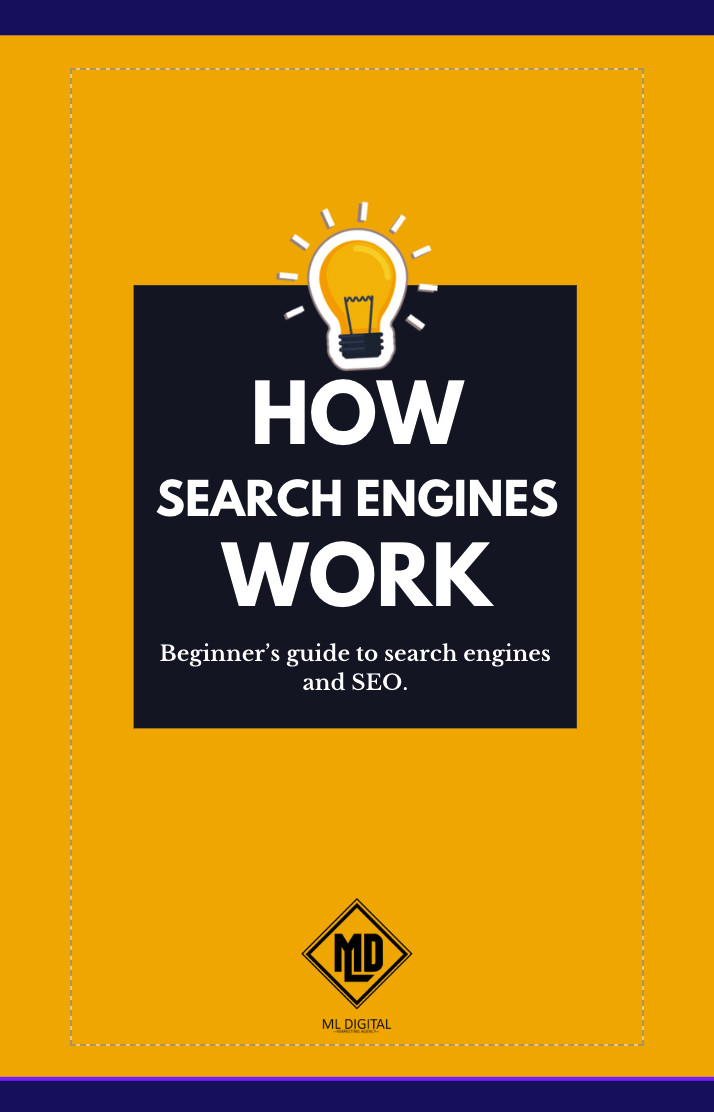Do Search Engines Make Money? How They Profit from Users
Imagine if Google and Bing ran purely as charitable organizations—offering free searches out of goodwill. Sounds great, right? But let’s be real: search engines aren’t just digital libraries; they’re multi-billion-dollar businesses. So, do search engines make money? Absolutely! The real question is—how?
Let’s break it down and uncover the business model behind your everyday searches.
Understanding the Business Model of Search Engines
Most people assume search engines exist solely to help them find information. While that’s partly true, their core business model revolves around revenue generation. If you’re wondering why Google, Bing, and Yahoo! don’t charge you per search, it’s because you aren’t the customer—you’re the product.
How Search Engines Generate Revenue
Think about this: Every time you type in a query, search engines collect valuable data on what you’re looking for. This data helps them improve search algorithms, but more importantly, it fuels their revenue strategies. From targeted advertising to premium services, search engines monetize every interaction you have with them.
The Role of Advertising in Search Engine Profits
If you’ve ever noticed the top few results with a tiny “Ad” label, you’ve already encountered one of the biggest revenue streams—search engine advertising. Businesses bid for ad placements, ensuring their website appears first when users search for relevant terms.
This model, known as pay-per-click (PPC) advertising, means that search engines make money each time a user clicks on these ads. Google Ads alone generated over $280 billion in 2023, proving that search engine finance is a powerhouse industry.
Why Free Search is Still a Billion-Dollar Industry
You might think, “If I never click on ads, how do search engines still make money from me?” Simple: your data is gold. Even if you’re just browsing, search engines track your behavior, interests, and interactions. This data helps businesses refine their ads, making them more relevant and clickable. The more effective the ads, the more advertisers spend.
Primary Revenue Streams of Search Engines
Besides ads, search engines use multiple ways to turn searches into profits. Let’s break down their top money-makers:
1. Pay-Per-Click (PPC) Advertising and Google Ads
As mentioned earlier, PPC is the cash cow of search engines. Advertisers compete in auctions to get their ads displayed, and each click means instant income for the search engine. Google Ads, Microsoft Advertising, and other platforms thrive on this model, making them dominant players in the digital economy.
2. Data Monetization and User Behavior Analysis
Ever searched for something random—like “best budget coffee makers”—only to be bombarded with coffee-related ads across social media? That’s data monetization in action. Search engines collect and analyze user behavior to help advertisers target you better.
3. Affiliate Marketing and Sponsored Listings
Some search engines partner with e-commerce companies to display product listings directly in search results. If you click on a recommended product and make a purchase, the search engine earns a commission. It’s a win-win for both parties—businesses get traffic, and search engines get paid.
4. Premium Search Features and Subscription Models
While most search engines remain free, premium features are starting to gain traction. Google offers Google Workspace, while DuckDuckGo is experimenting with ad-free subscription-based models. If users demand more privacy, paid search might be the next big trend.
How Search Engine Revenue Impacts Users and Businesses
You might be thinking, “Okay, search engines make money—but does that affect me?” The answer is yes, in more ways than you realize.
The Influence of Paid Ads on Search Results
Not all search results are created equal. Paid ads always appear first, even if better organic results exist. This means businesses with bigger budgets can dominate search rankings, making it harder for smaller companies to compete.
SEO vs. Paid Advertising – What’s More Effective?
If you’re a business owner, you’ve probably heard about search engine optimization (SEO) as an alternative to paid ads. While PPC gives immediate visibility, SEO focuses on long-term growth and ranking naturally in search results.
So, which is better? Ideally, a mix of both. Paid advertising gets quick traffic, while SEO ensures sustainable visibility in the long run.
Privacy Concerns and Data Monetization
One controversial aspect of search engine profits is data privacy. While companies promise to keep user data secure, concerns over tracking, cookies, and personal information remain a hot topic. The rise of privacy-focused search engines like DuckDuckGo shows that users are becoming more aware of how their data is used.
Future Trends in Search Engine Monetization
The world of search engine revenue is evolving. What can we expect in the coming years?
AI-Powered Ads and Personalized Search Results
AI is changing how search engines operate. Instead of generic ads, AI will customize results based on past searches, preferences, and location. This means more targeted advertising and higher engagement rates.
The Rise of Subscription-Based Search Engines
With increasing privacy concerns, ad-free, paid search engines may become mainstream. Users who want a cleaner experience might be willing to pay a monthly fee to remove ads altogether.
How Businesses Can Adapt to Search Engine Changes
For businesses, staying ahead of search trends is crucial. Investing in SEO strategies, high-quality content, and paid ads will help brands thrive in an ever-changing digital economy.
The Profit-Driven Nature of Search Engines and What It Means for You
At the end of the day, search engines aren’t just tools—they’re businesses. Their goal is to maximize revenue while providing useful search experiences.
Key Takeaways for Users and Marketers
- Search engines make money through advertising, data monetization, and premium services.
- Every click, search, and interaction fuels their revenue model.
- Businesses must balance paid ads and SEO to succeed in search rankings.
- Privacy-focused search engines may shape the future of online searches.
How to Leverage Search Engine Strategies for Business Growth
If you’re a business owner, understanding search engine monetization is key to digital success. Whether through SEO, PPC, or strategic marketing, you can use search engines to drive traffic, increase revenue, and grow your brand.
Want to optimize your search presence? Contact us for a free consultation and let’s make search engines work for you!
FAQs
1. Do all search engines make money the same way?
No, while most rely on advertising, some also earn through premium services, partnerships, or subscription models.
2. Can I use a search engine without being tracked?
Yes, privacy-focused search engines like DuckDuckGo and Startpage do not track user data for advertising purposes.
3. Do search engines sell my personal information?
No, most search engines don’t sell personal data directly, but they use it to target ads and improve search results.
4. Why do search engines show different results for the same query?
Results vary due to personalized search algorithms, location-based data, and ranking differences between search engines.
5. Can a new search engine compete with Google?
It’s difficult but possible. A new search engine would need a unique selling point, like better privacy or innovative search features.








